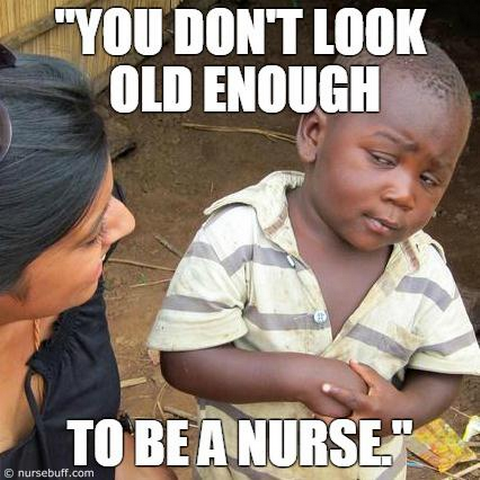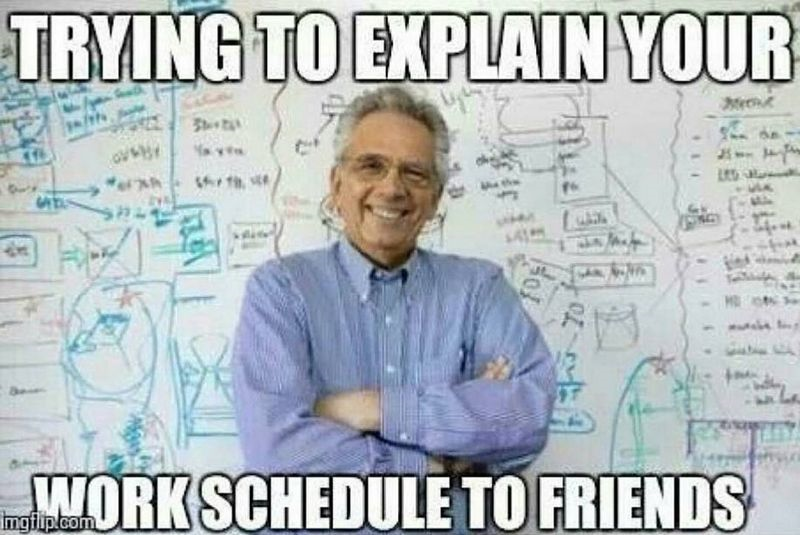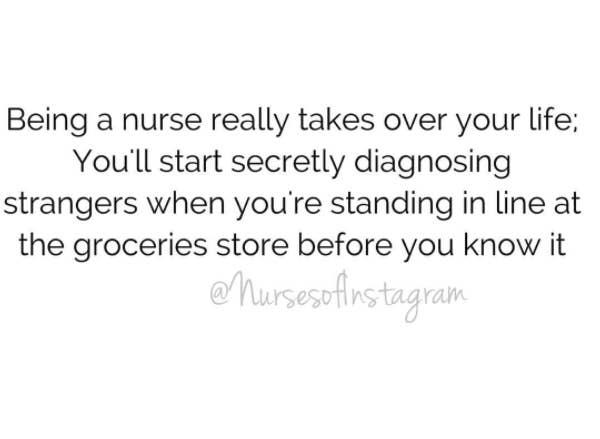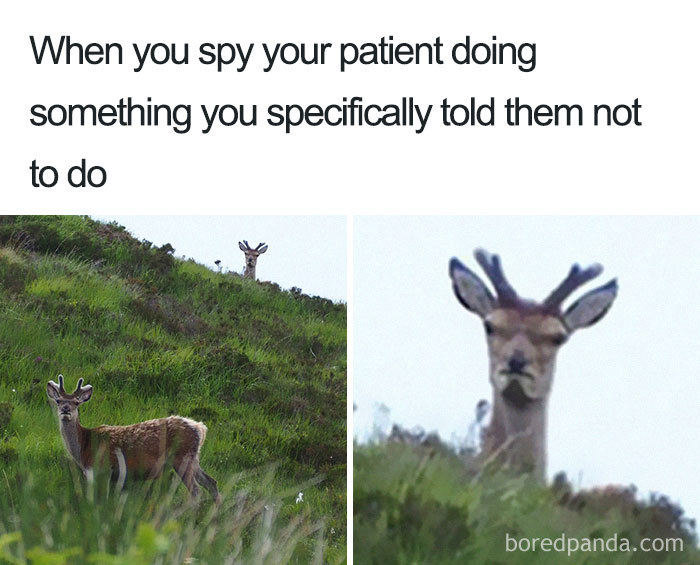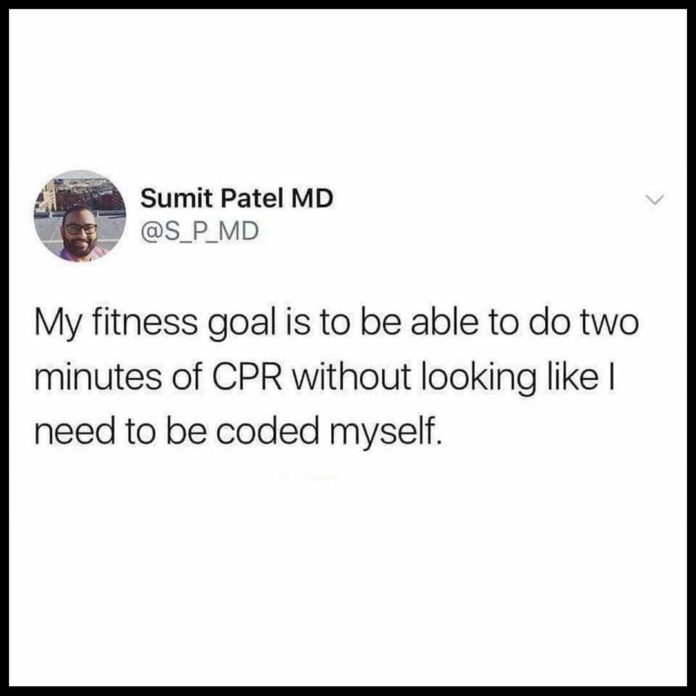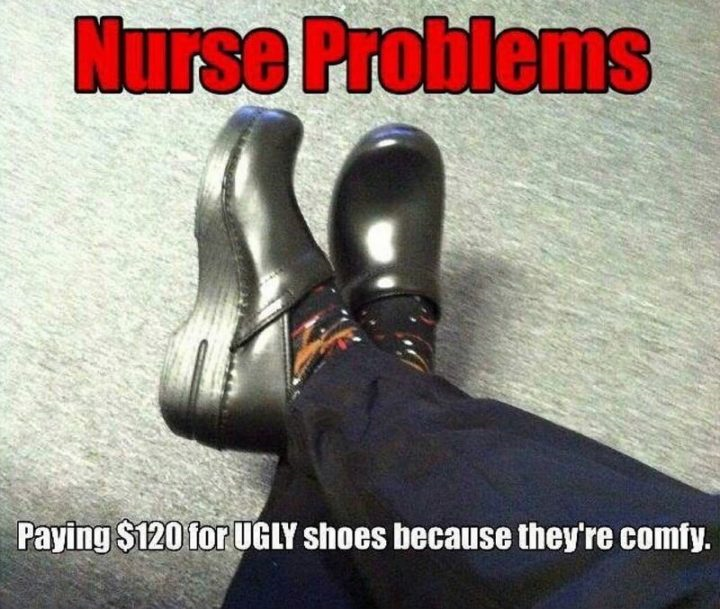
Your years spent earning a college degree are a vital time for learning. Before you go to grab a candy bar to snack on while studying, remember this: students that choose foods that fuel their body and mind are much more likely to prosper. For years, research has found that consuming a balanced, nutritious diet can enhance focus, strengthen memory, and improve critical thinking. Limiting the amount of refined sugar and processed foods that you consume daily and focusing on fresh, plant-based foods can help display more effective problem-solving skills, fact comprehension, and stronger mental recall. Make smart choices by filling your plate with fresh fruits, fresh veggies, lean proteins, and whole grains. Limit the number of high sugar foods you consume.
Healthy snacks are one of the most important components of a balanced diet. This is especially true during the grueling hours spent studying in college. Snacks act as a bridge between meals and can prevent excessive hunger. Snacks also help with portion control and mindful food choices. Mindful snacking also promotes increased energy levels, stimulates metabolism, and stabilizes blood glucose. Snacking throughout the day will keep both your brain and body satisfied and energized, but you have to make sure you’re consuming the right foods.
You might be wondering what the best snacks are to give you energy. The ultimate snacks for studying are made of a serving of quality carbs alongside a lean protein item. Appropriate carbohydrate intake is important for your health. High-quality carbs supply a long-lasting supply of energy. Try to make your study snack fun! Getting creative with your food is an easy way to get excited about being healthy. Below you will find a list of food combinations that will fuel your brain for optimum function and energy.
Snack Options to Fuel You Brain and Body
1. Bake sliced zucchini to make zucchini chips and dip them in salsa.
2. Create a homemade trail mix with ingredients such as whole-grain cereal or granola, raw nuts and seeds, and a small amount of something sweet such as dried fruit or sugar-free chocolate chips.
3. Spread organic peanut butter on celery sticks, apples, or banana slices.
4. Roll up a few cucumber sticks in a few slices of lean lunch meat for a gluten-free snack
5. Dip carrots, sliced peppers, cucumber slices, celery sticks, or cherry tomatoes into hummus.
6. Combine healthy granola with low-fat, high protein yogurt.
7. Toast a piece of whole-grain bread and mash ½ an avocado to spread on top
8. Crunch on some whole-wheat pretzels with a cheese stick or reduced-fat cheese slices.
9. Drop some mixed berries into plain greek yogurt for a sweet snack
10. Whisk together two eggs, add a handful of spinach and bake in a muffin tin to create mini omelets
11. Make whole-grain cracker sandwiches with nut/seed butter (peanut, almond, cashew, or sunflower) butter or reduced-fat cheese.
12. Pair unsweetened applesauce with pecan or walnut halves.
13. Pack cherry tomatoes alongside a hard-boiled egg.
14. Sprinkle shredded reduced-fat cheese onto a whole grain tortilla and microwave for a fast quesadilla.
15. Snack on a cup of cottage cheese and a side of peaches
16. Sprinkle some cinnamon on non-GMO popcorn for a twist on a classic snack
17. Top a whole-grain toaster waffle with nonfat/low-fat yogurt.
18. Spread natural peanut butter on celery sticks and top with just a few sugar-free chocolate chips
19. Freeze grapes to create a snack that tastes just like candy!
20. Make a peanut butter and jelly roll up with a whole-grain tortilla, 2 tablespoons of natural peanut butter, and 1 tablespoon of sugar-free jelly strawberry jelly.
Get creative! There are no limits to what you can make for a snack. Just make sure you’re being mindful and staying healthy. If you are someone that loves sweets like I am, then find a way to incorporate that into your prepared snacks. Make it fun and study hard.
